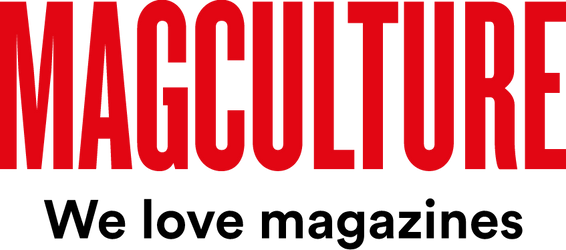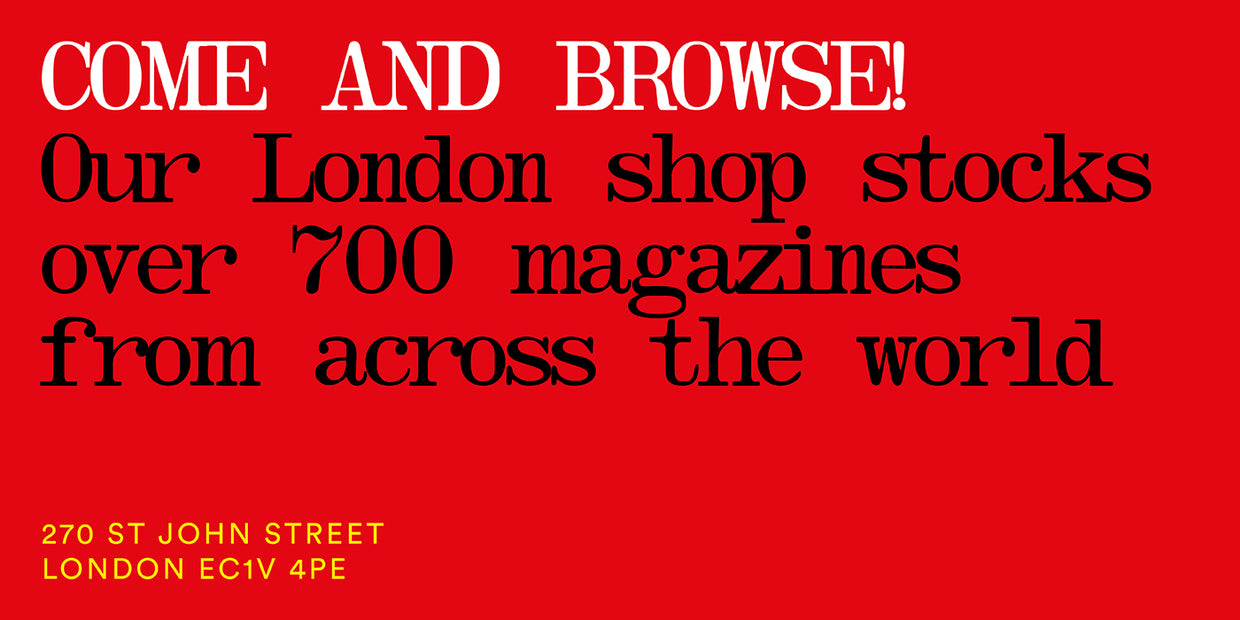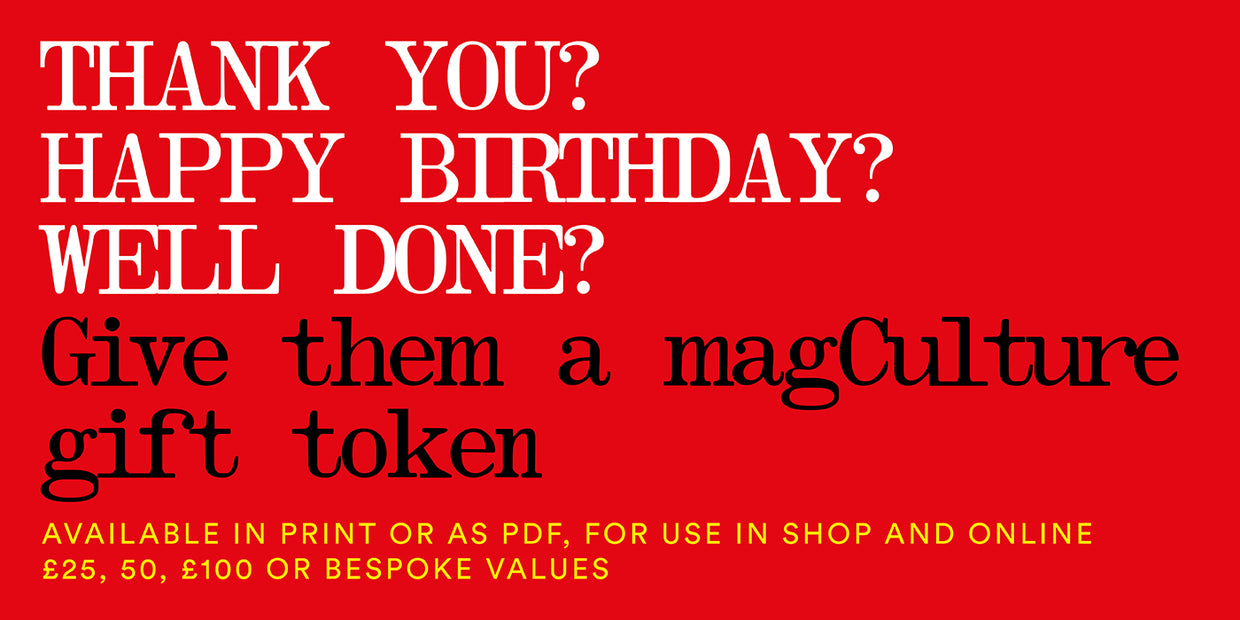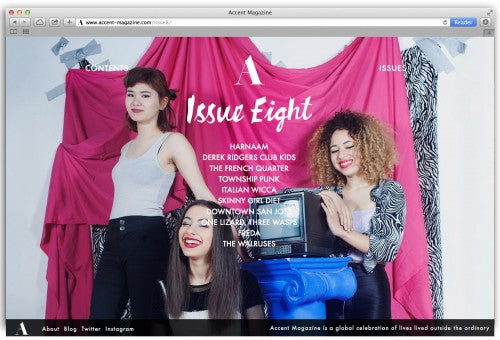
Accent #8

Accent is the 21st Century equivalent of seventies cult zines, an online magazine showcasing extraordinary lives and obscure, lively subcultures from around the world. It’s a publication that has a particularly strong eye for iconic images, so that it’s become one of the leading sources for underground documentary photography. We love Accent because it’s one of the few online spaces that completely succeeds in drawing you into each digital issue: it’s easy to read all of the long-form stories in one go, something that’s rare even in the best printed publications. Issue eight was released this week, marking it the second year that the quarterly magazine has appeared. We spoke to editors Lucy Nurnberg and Lydia Garnett, curious about the process of putting together an online magazine that’s actually achieved the kind of status usually associated with print.

Issue eight has the same diverse range of global stories as their previous issues, with features on Derek Ridgers’s pictures of London’s Blitz kids (above), the punk underworld of Burma and a video interview with London-based girl band Skinny Girl Diet. For the latter, hints of cult favourites like Ghost World and The Virgin Suicides pepper the photo-shoot, references particularly emphasised in Lucy and Lydia’s initial mood board for the feature (below).

The written stories in Accent are rambling and intensely personal, echoing New Journalism, and like the writing of Hunter S. Thomson, the magazine was first inspired by a road trip through America. ‘We were meeting all these incredible people who wanted to sit down and share their life stories with us,’ Lucy tells me, ‘and we thought there needed to be a platform to share that. So we came back and set up a space for the amazing, unsung heroes of the everyday, where we could show a range of experiences and bring in stories from the margins.’
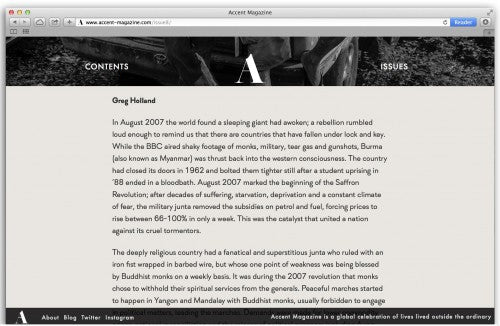
They decided to put these stories online in order to quickly and cheaply share them with every corner of the world. ‘At the time, we also felt there was nowhere that you could get lost in a specifically designed online space,’ adds Lucy, We wanted to create something that was specifically designed for digital, and we wanted it to be as close to the experience of sitting down and reading a print magazine - to create a space that was really considered and curated, and gave space for pause.’
Amongst a world of frantic click-bait vying for our attention, Accent has almost serenely carved out its own corner of the internet where you can dwell for long periods of time, which is in parts due to the fact that it’s released in issues. This episodic structure was one that Lucy and Lydia carefully planned: ‘We didn’t want Accent to feel like a blog because we wanted our stories to be timeless, and not get lost in a never-ending stream.’

Each issue is differentiated by a change of hand-drawn type. This issue header binds the content together, emphasising the idea of ‘issue’ and fixed shape over blog. The subtle change is also indicative of the whole Accent ethos: ‘We want provide a space for different voices to be heard, so the hand-drawn titles reflect that,’ Lucy explains. ‘We commission a different illustrator each time - Pippa Toole did the issue eight type. It’s nice to be able to include a hand-made element in a slick digital space, because we're big fans of homemade zines and DIY design.‘
Speaking with Lucy, the name Accent suddenly begins to make more sense to me. Individualised voices are important to the magazine, in terms of the written words and the characters covered, but also aesthetically, as emphasised by the rich photography and each issue’s hand-drawn signature.
Amongst the chattering, flattened online world, Accent has found a way to get reader’s to dwell on singular voices for long periods of time. Similar to Makeshift magazine, the different voices from their worldwide network of contributors are also the way that Accent find their stories: ‘A lot of our content come from word-of-mouth,’ says Lucy, ‘and it's grown really organically because everyone can think of a person they'd like to celebrate.’ In combining the far-reaching possibilities and instant qualities of the Internet with the immersive, ageless quality of print, perhaps Accent have found a way to combine the best of both worlds.
Interview by Madeleine Morley
